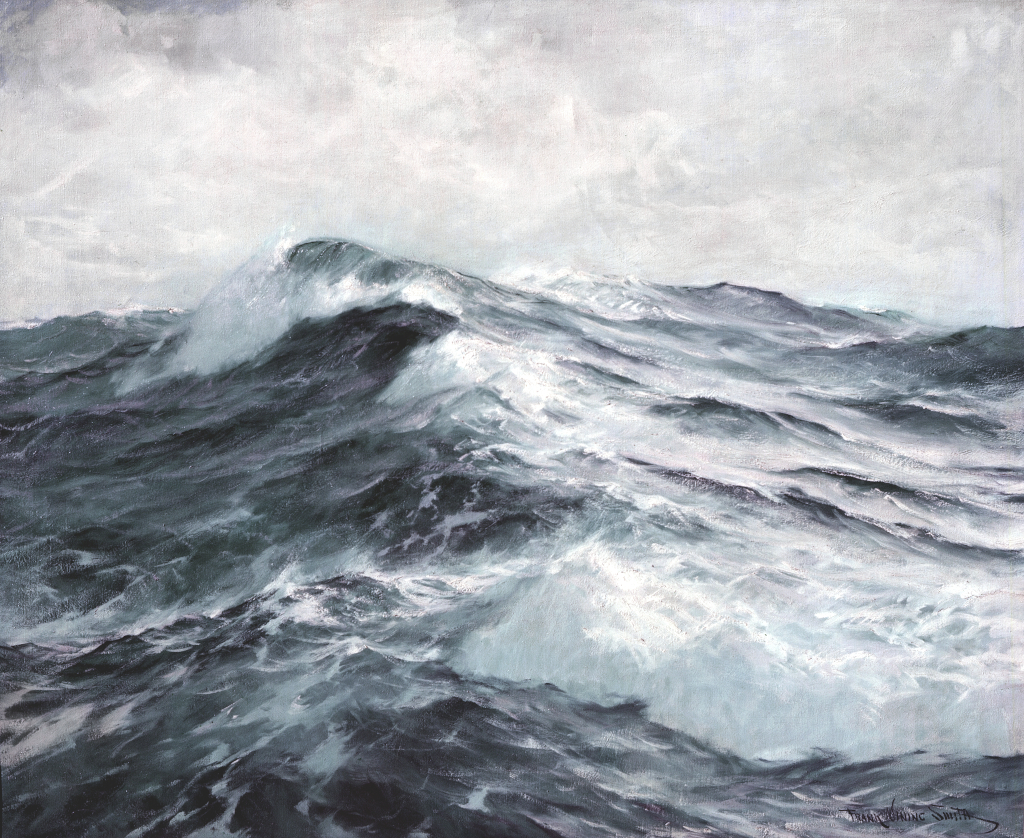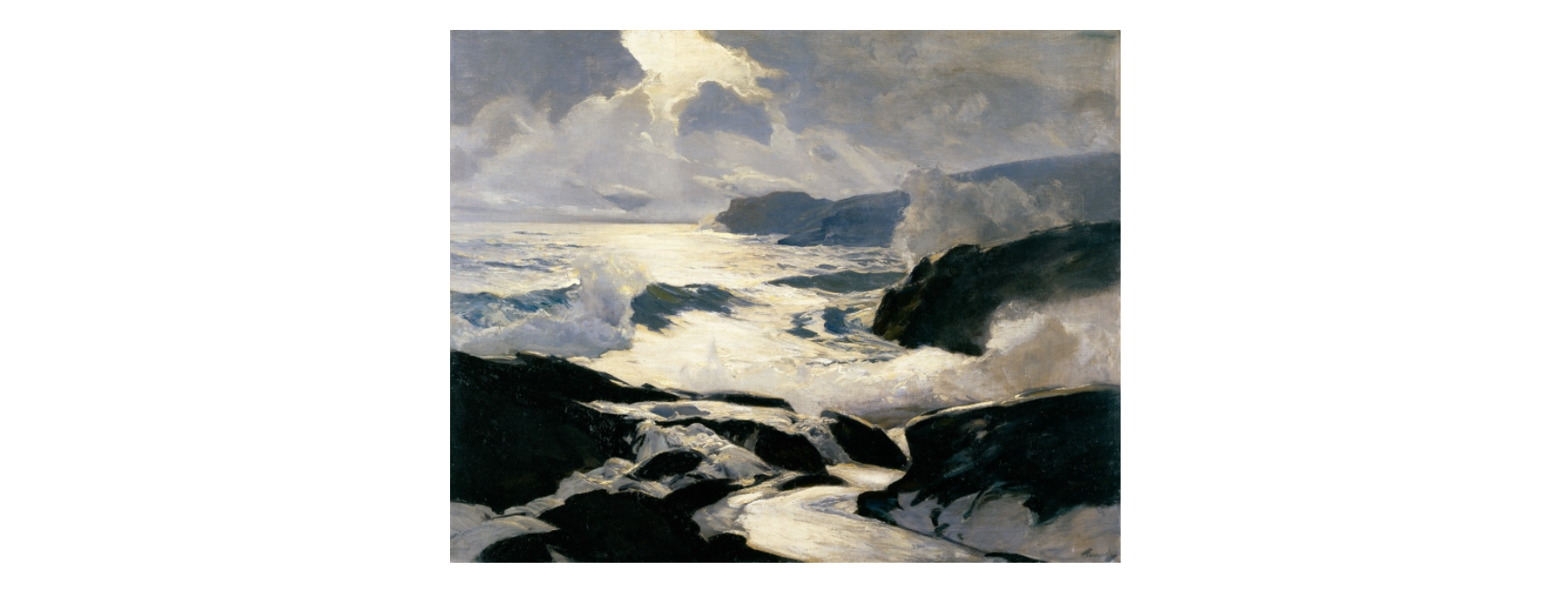April is National Poetry Month and Earth Day is also today (April 22)! As a poet, writer, and environmentalist, I feel obligated to craft something interesting for this wonderful month honoring one of the most expressive written forms and the best planet in our solar system.
What’s so special about poetry?
Poetry provides a unique glimpse into the past, present, and future. The vibrant words written on a page project a scene in our minds strung together by words, emotions, and memories from our own experiences and imaginations.
Nature-themed poetry and prose, a topic to be highlighted today for Earth Day, is well celebrated in cultures across the globe and across time. There is something about nature poetry that sparks curiosity in so many readers. A few years ago, when I was putting together a program for the Museum about maritime poetry, I came across several poems that stuck out to me as examples of how the power of poetry can help explain details of the world and connect people to the land around us.
In Langston Hughes’ piece, “Long Trip” he captures the expansiveness of the ocean and the human connection to this mysterious place.
“The sea is a wilderness of waves,
A desert of water.
We dip and dive,
Rise and roll,
Hide and are hidden
On the sea.
Day, night,
Night, day,
The sea is a desert of waves,
A wilderness of water.”
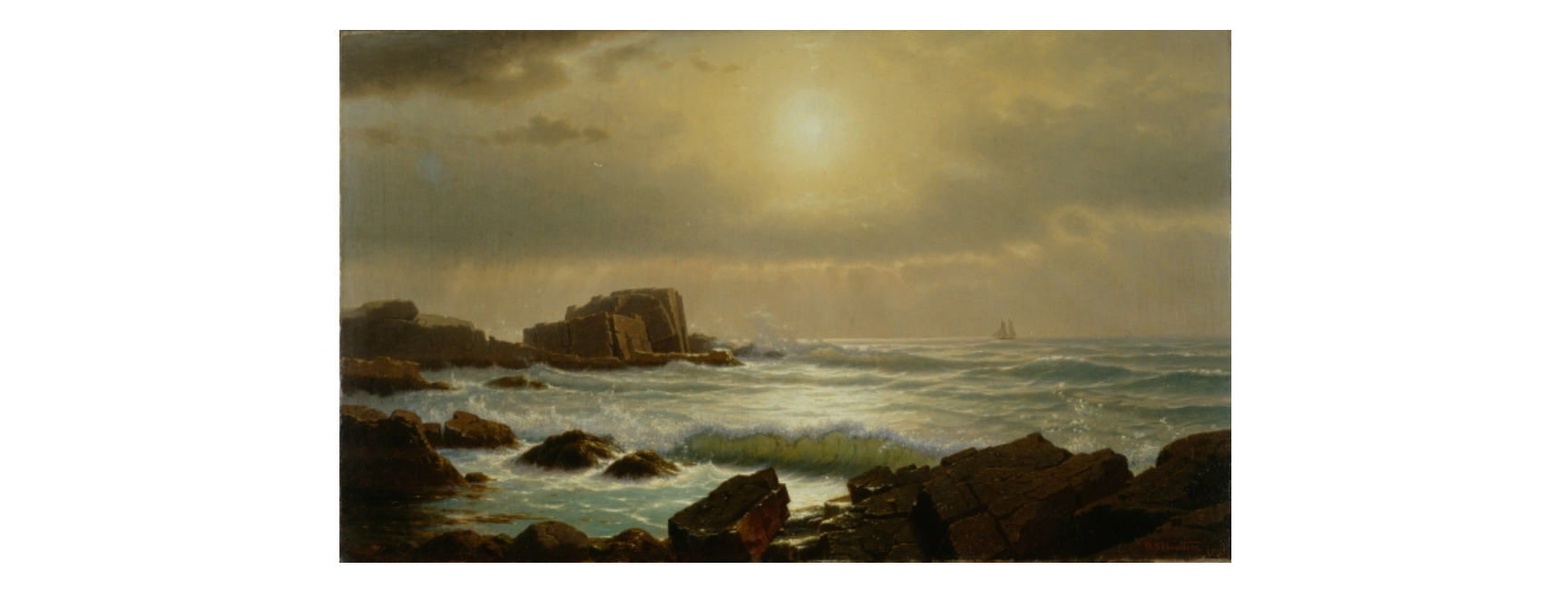
As I read Hughes’ words, I imagine myself at the beach as a child: families splashing in the waves, kids swimming in the salty waters dodging horseshoe crabs and fish, and the transition from the sparking daytime to the secretive and yet exposed moon-lit night. How quickly the setting and rising sun change a landscape and, this even shifts how we connect to the land.
It is vital in this day and age to be more aware of our personal human connections to the wild world. How people interact and understand the world’s natural wonders plays a major role in the conservation of wild spaces. If we have a strong relationship with places that need to be protected, then we are more likely to care about those areas.
It is critical to create meaningful connections to our greater world, and oftentimes I find those observations are of seemingly expected and common events. Someone notices children building sandcastles on a summer day. Another sees a dolphin in the distant waters of the ocean. And another notices their reflection on the water’s calm surface looking down from a boat. No matter how “normal” the observation is, the realizations are what is poetic and usually profound, forging a connection between the mundane and the mystical. The scene of children building sandcastles, like in Elizabeth Spires, “Mansion Beach,” becomes a portal into the temporal, tedious, and small nature of our lives.
“All afternoon their castles, poor and proud,
rose and fell. Great civilizations were built,
came to an end, the children mighty lords, their castles
only as small as we are to the stars and starry structures.
The day was infinite for them, time stretching
to the farthest horizon, the sun their overlord.”
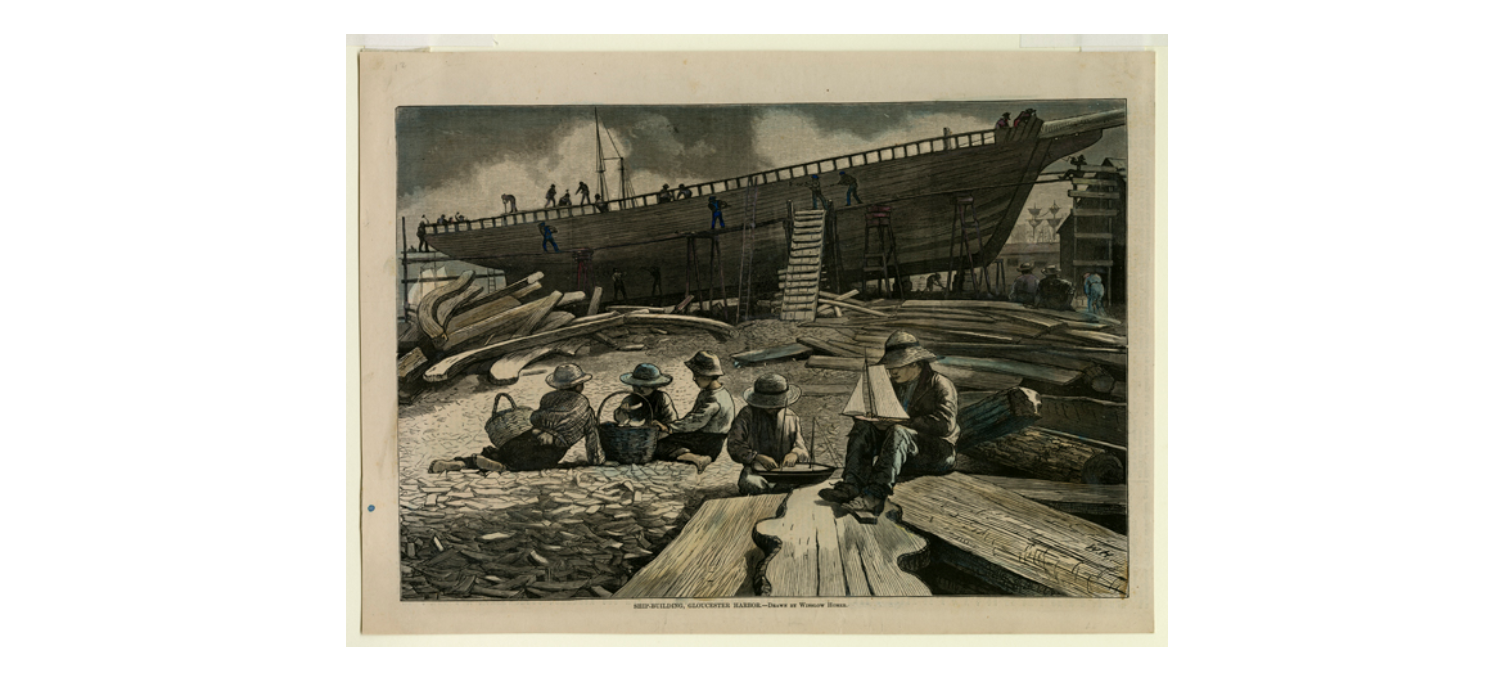
In another aspect, to many mariners, nature and the open ocean can be a place of adventure, a place to challenge our strengths, as we read in many famous maritime poetry or stories. It can simultaneously be a place to seek solace, especially for those needing time to process and reflect upon all emotions in their lives, including tragedy.
In an excerpt of Dan Taulapapa McMullin’s poem entitled, “The Doors of the Sea,” he writes of loss and the ocean.
“There was a ship
went into the sea
over the body of my brother
I am just a boy
he was not much older than me
the goddess is good and cruel
wants her share of life, like us
sparkling dust of birds far away whom we follow, the stars
the blood red dust of life
as my brother’s face
disappeared beneath us”
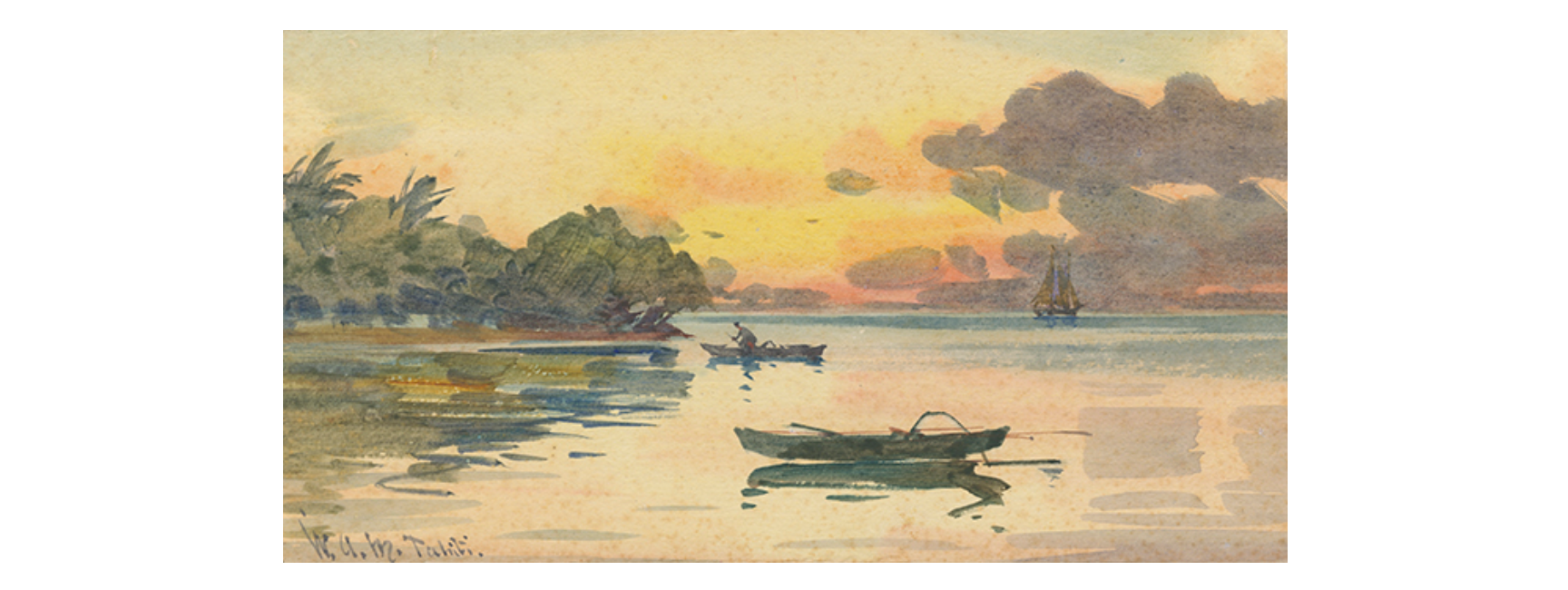
How does all this work into the Museum and Park?
The root of our mission here at The Mariners’ Museum and Park is that we are connected through the shared histories of the world’s waters. Part of our purpose in the greater community is to share those important stories and to show people we are all connected in some way.
If you give it a thought, water is at the base of all we do–our lives literally depend upon it! We and other living creatures rely on the clean water flowing through our rivers, streams, wetlands, lakes, and oceans. As I mentioned before, the more connections we feel to nature, the more people will protect it– and on this Earth Day, we could use all the help we can get! I encourage you to go out into nature, whether it’s in our Park or somewhere else, and just find something small to appreciate, and if you’re feeling daring, you could even write a poem about it, too.
